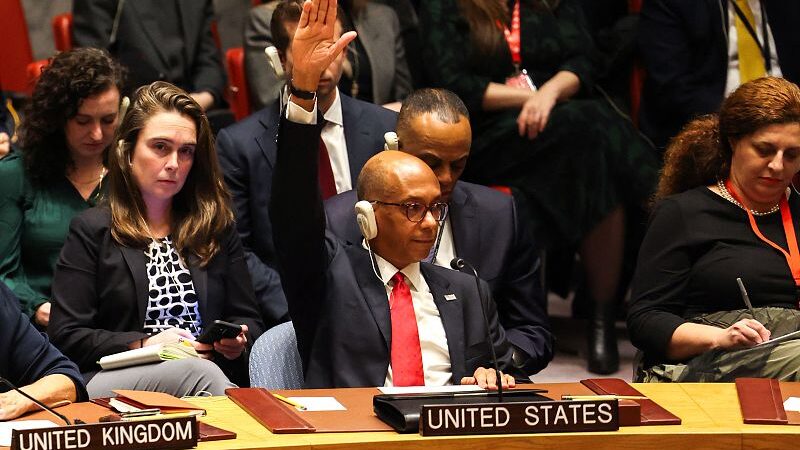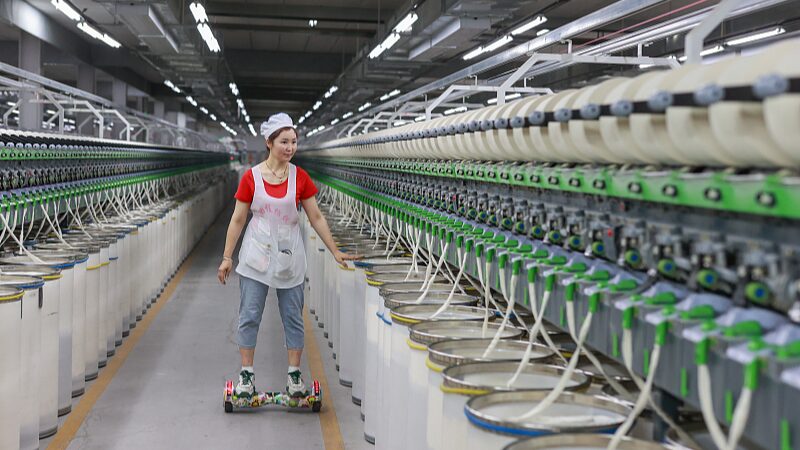The U.S. has added 37 Chinese companies to its ‘Uygur Forced Labor Prevention Act Entity List’—its \"largest single expansion\" of the list yet—escalating tensions over alleged labor practices in the Xinjiang Uygur Autonomous Region. Critics argue the move reveals deeper geopolitical strategies aimed at curbing China's growth. 🔍
Behind the ‘Forced Labor’ Label
Since 2020, U.S. legislation like the ‘Uygur Human Rights Policy Act’ has framed Xinjiang products as tied to forced labor, enabling sanctions against Chinese firms. Analysts like Gao Tongtong, a lecturer at Jinan University, call this a \"habitual anti-China playbook\" rooted in economic protectionism. 🛑
Trade Wars to Tech Bans
The trend began with Trump-era trade wars in 2018, when China was labeled a \"strategic competitor.\" Today, experts say sanctions are less about human rights and more about stifling competition in sectors like tech and manufacturing. 📉
China’s Response
Beijing has repeatedly denied forced labor claims, calling U.S. actions \"politically motivated\" and a violation of international trade norms. The latest sanctions could further strain U.S.-China relations amid ongoing tech and economic rivalries. ⚡
Reference(s):
Underlying hegemonic intent: U.S.'s arbitrary Xinjiang sanctions
cgtn.com






